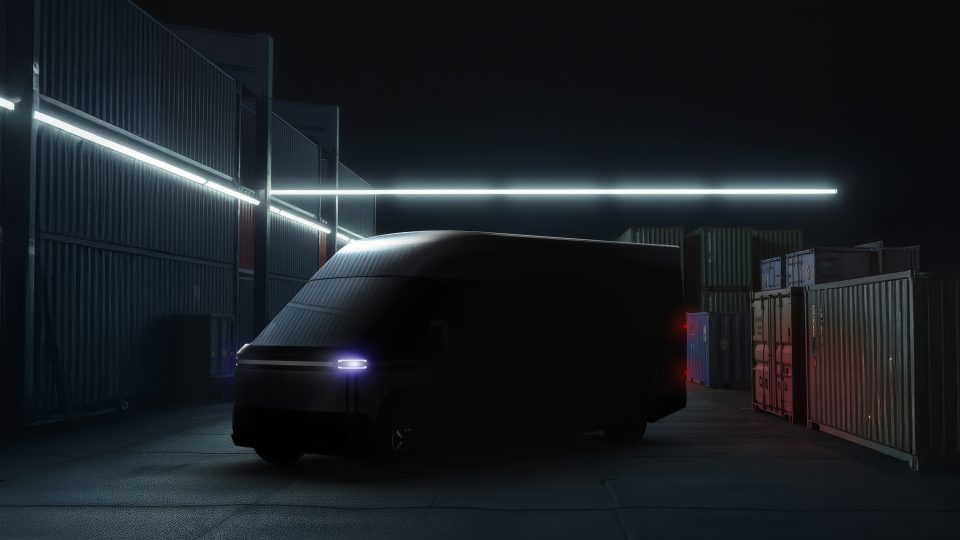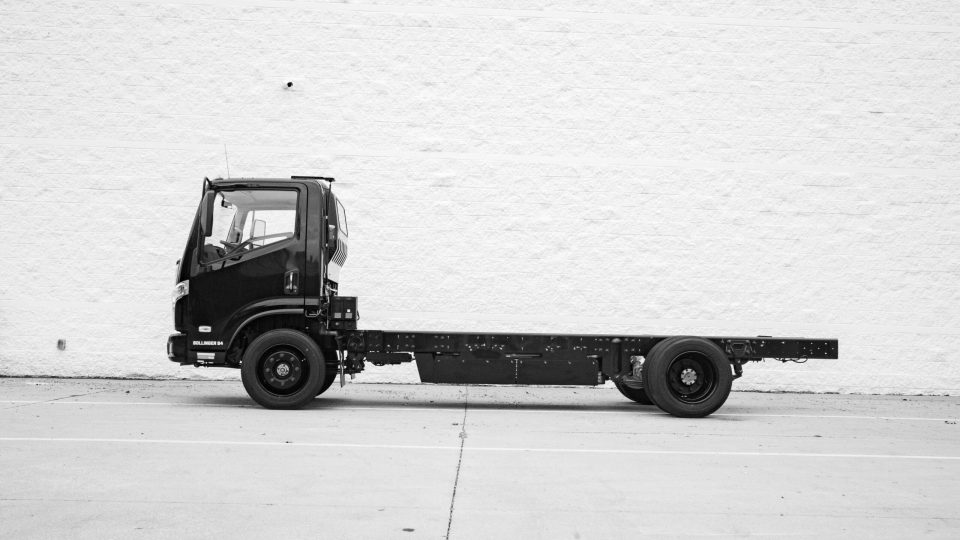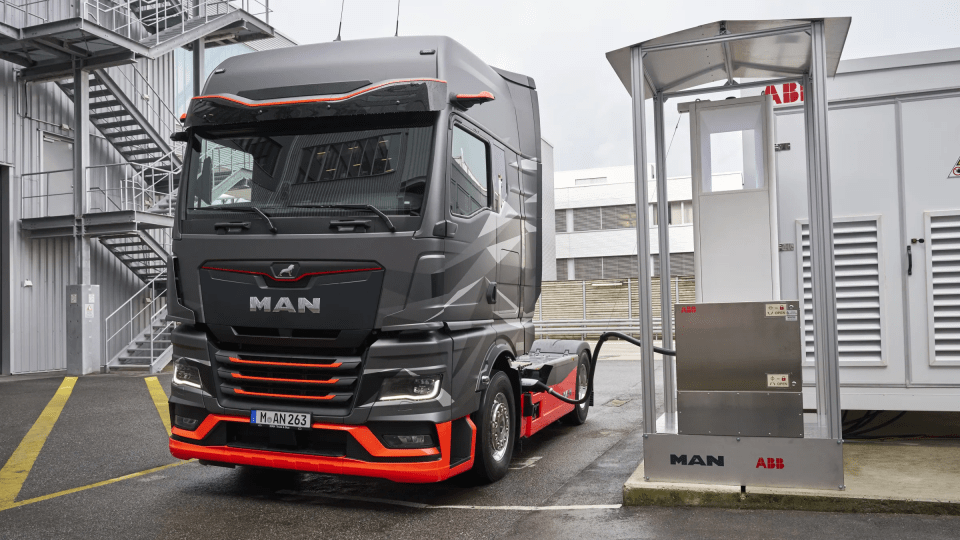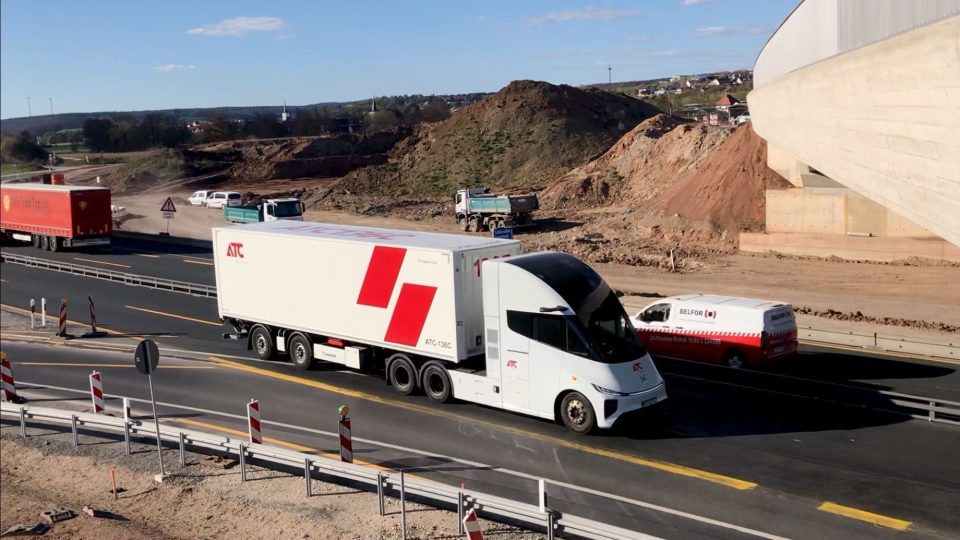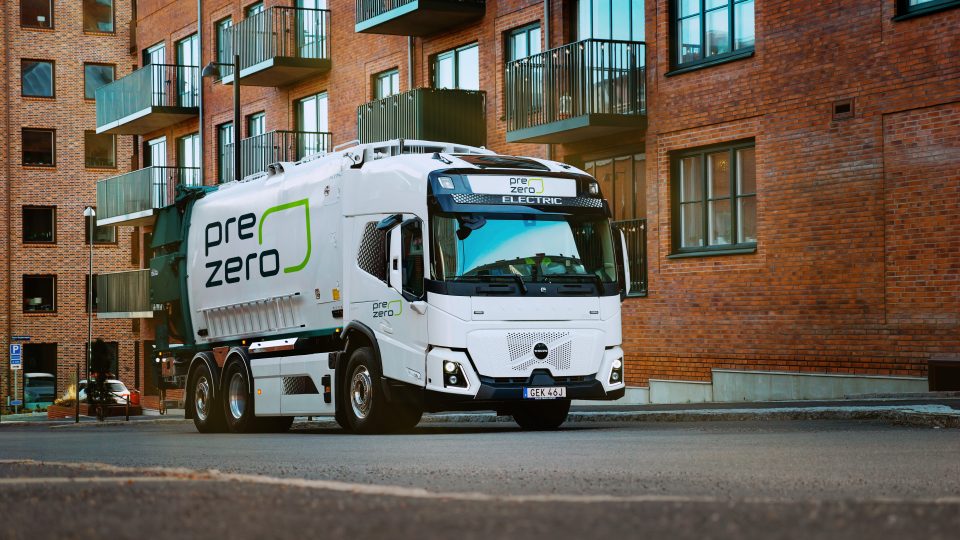Drive Electro to present Russia’s first medium-duty e-truck based on Isuzu ELF chassis
The e-truck, which is currently in its certification stage, will be a medium-duty delivery truck for retailers and other transport companies with a fully loaded weight of 9 tons.
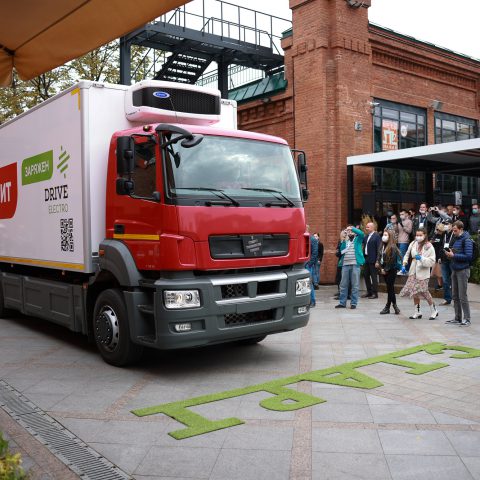
Russian engineering company Drive Electro is planning to present Russia’s first medium-duty e-truck in the autumn of this year. The chassis of the Isuzu ELF is the base for the newcomer. Serial production is planned at Drive Electro’s plant, expected to open in the first quarter of 2022.
In addition to the company’s quite relevant experience in the field of electric buses, back in September 2020 Drive Electro presented the first experimental model of Russia’s first heavy-duty electric truck and handed it over for trial operation by a major food chain. That vehicle has a range of around 120 km fully loaded. According to the company, following successful testing, there are plans to sign a contract to supply 200 vehicles.
Drive Electro e-truck: a first-timer for the Russian market
The e-truck, which is currently in its certification stage, will be a medium-duty delivery truck for retailers and other transport companies with a fully loaded weight of 9 tons. The Russian electric truck will be based on the chassis of the Japanese model Isuzu ELF (body, cabin, chassis; pictured below). There are currently no medium-duty electric trucks on the Russian market at all: this niche has been taken by internal combustion engine vehicles.
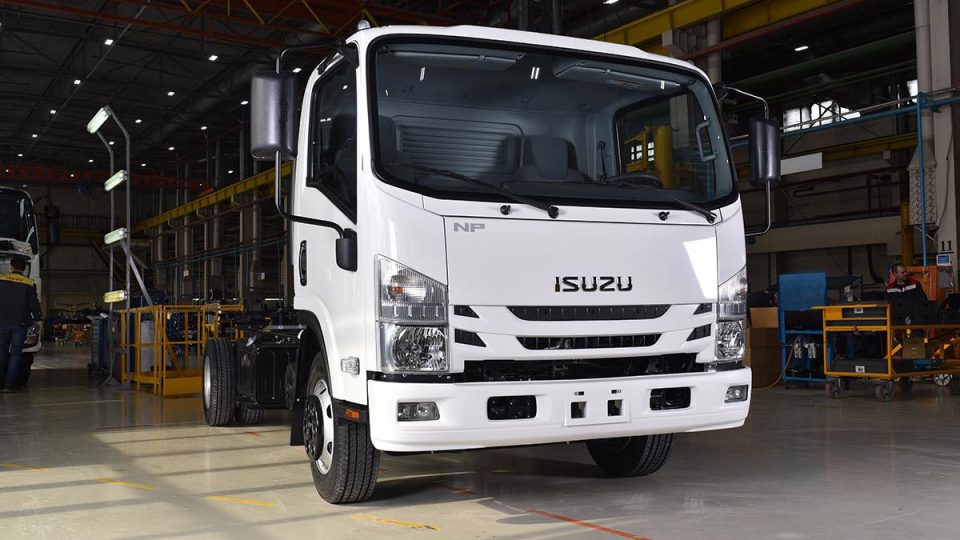
The new Drive Electro vehicle will be the first fully electric medium-duty truck and will have a range of around 200 km. It will be offered to customers with a 10-year life cycle contract that includes technical maintenance of the vehicle and provision of charging infrastructure. Besides, this will be the first production vehicle from Drive Electro’s plant, which is due for completion in May-June 2022, after which an experimental batch of the vehicles will be made. The plant has a maximum annual capacity of 1,000 sets of batteries for electric buses and 500 electric trucks, though initial production levels will be lower.
According to experts, there could be a great demand for a truck of this kind. Gruzovichkof (one of the leading freight companies in Russia) and IKEA seem to have sought opportunities to switch their Russian logistics operations to electric vehicles but have failed to find a suitable truck on the market.




